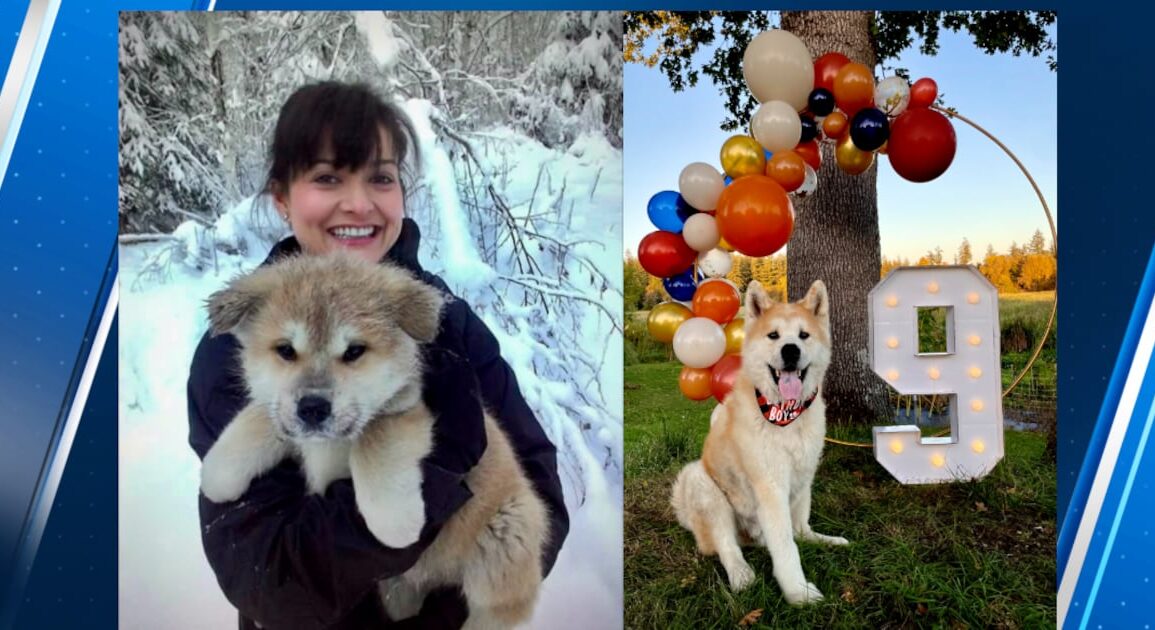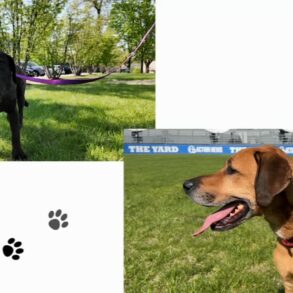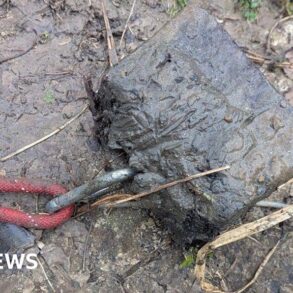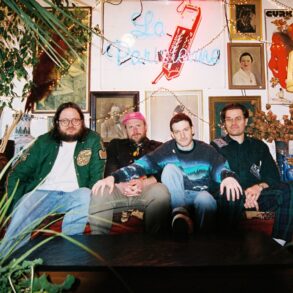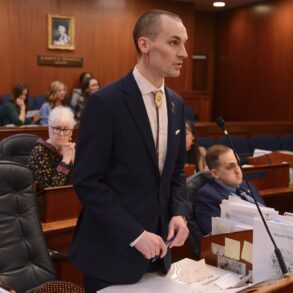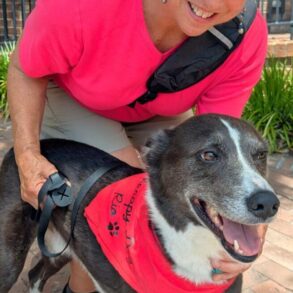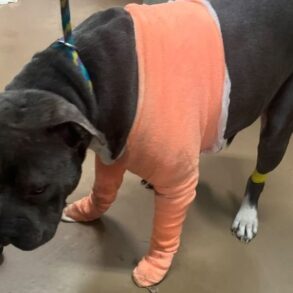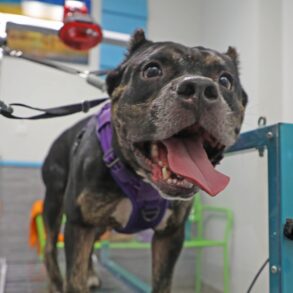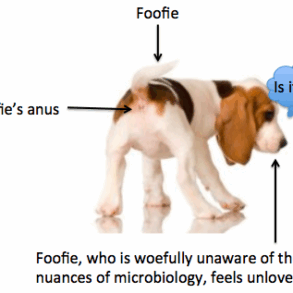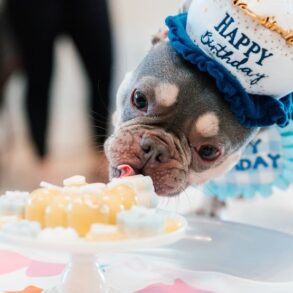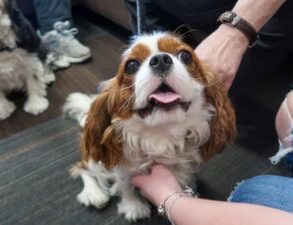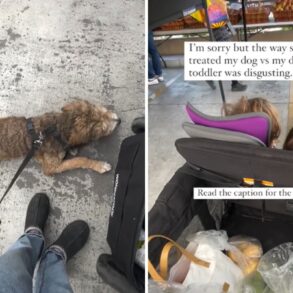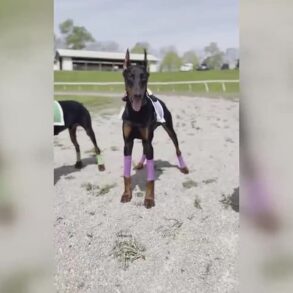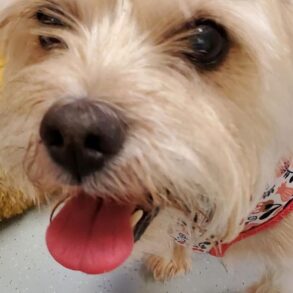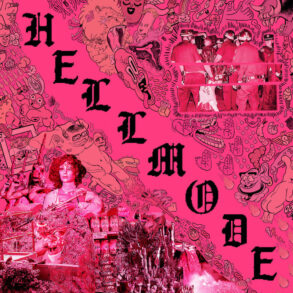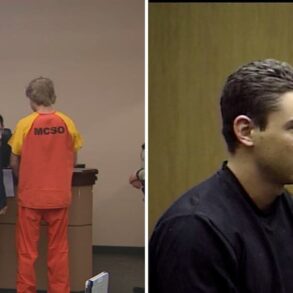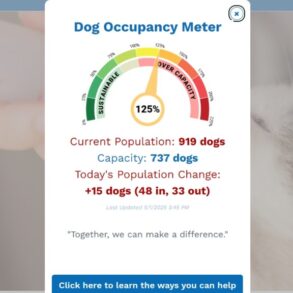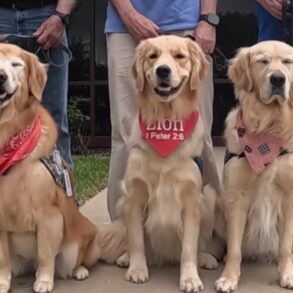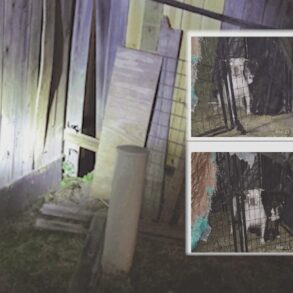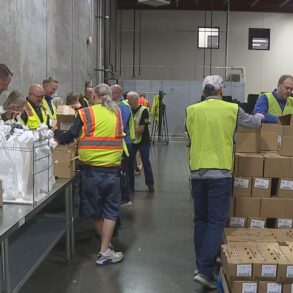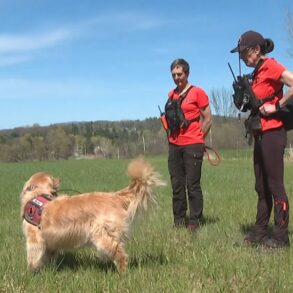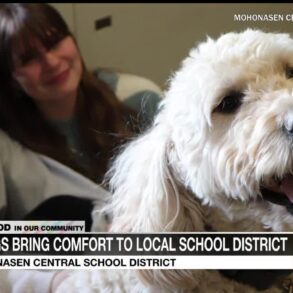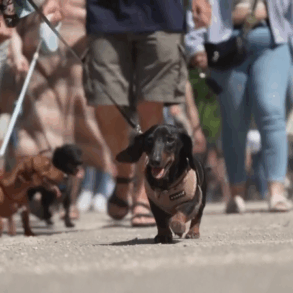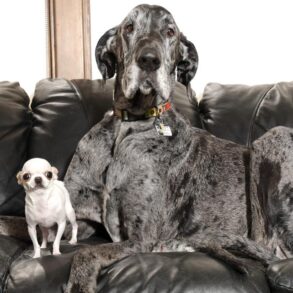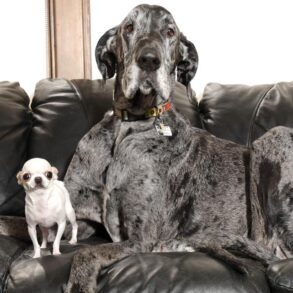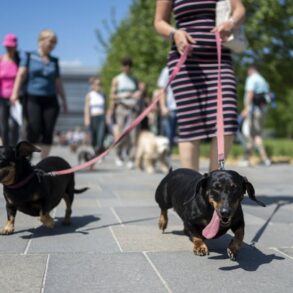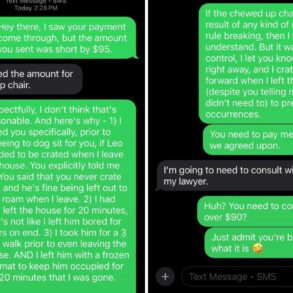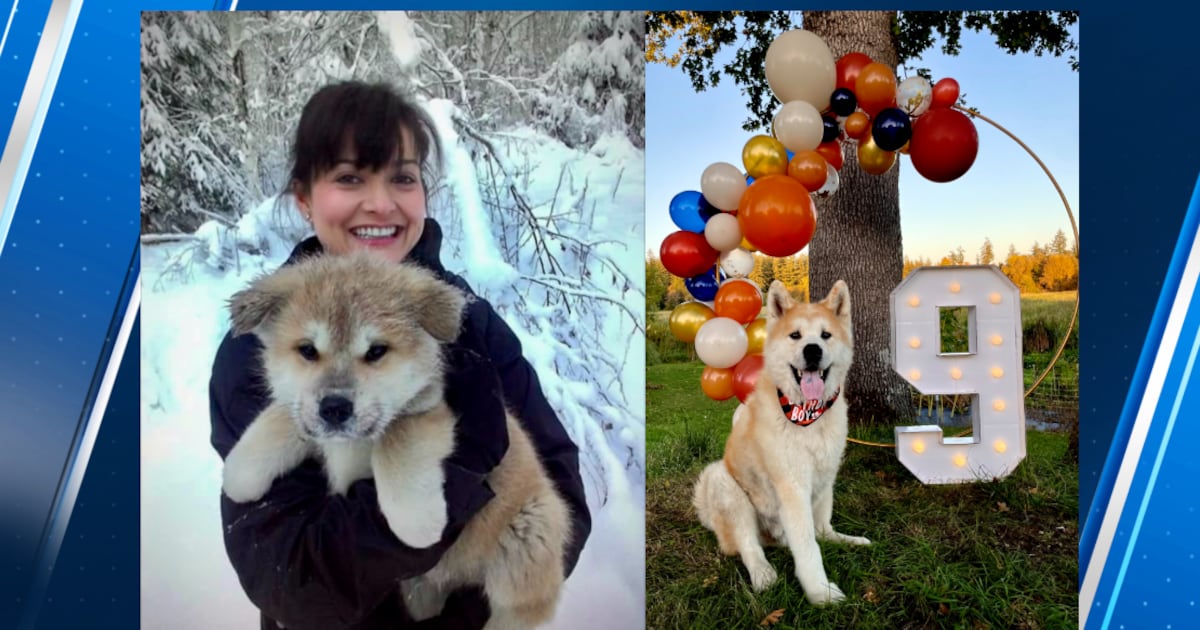
ROY, Wash. — Cancer is the leading cause of death in dogs. But there’s a vaccine being tested that could change that, and some of the trials are happening in Washington.
It was developed by a researcher at Yale University.
KIRO 7 News spoke to a pet owner from Roy who said it saved her dog not once – but twice.
Rainier is a Shiba Inu, a good boy, and a cancer survivor.
“He’s just a happy dog that runs and plays like he’s a pup still, but he’s almost 10 years old,” owner Kasey Bentz said.
She learned about the treatment in 2023 – just before Rainier’s birthday. She said he developed a limp, so she took him to the vet. She got the worst news imaginable: he had bone cancer—typically a death sentence for dogs.
“The urgent care told us that we should anticipate about two months of time with him,” Bentz said.
Refusing to give up on her best friend, Bentz took him to an oncologist at Blue Pearl in Tacoma, who suggested an amputation of his front leg and four rounds of chemotherapy.
While at the office, Bentz overheard another vet talking about a canine cancer vaccine, created by Dr. Mark Mamula, a researcher at Yale University.
It’s an experimental treatment. The dog is given two shots several weeks apart.
“We contacted them right away, and we were enrolled in the trial,” Bentz said.
The vaccine is currently being tested at 11 sites in the United States and one site in Canada. Of those locations, two are in Washington:
For eight months, Rainier showed no signs of cancer, and Bentz could breathe a sigh of relief. She had more time with him.
“Then last July, we found out there were signs of metastasis to his lungs.”
More bad news.
“We were told then that we could try another form of chemotherapy,” Bentz said. “We tried that and he got really sick. Almost to the point of euthanasia.”
She told KIRO 7 she thought they’d run out of options for him. She looked for more trials and contacted a trial based out of Southern California, but found out Rainier’s lung mass was too large to qualify.
As a last attempt, Bentz contacted Dr. Mamula at Yale.
“I didn’t think I’d ever hear back,” she said. “I figured he’s a very busy person, but he contacted me the same day.”
Dr. Mamula reviewed Rainier’s records and said he was eligible for a booster of the vaccine.
“We kind of just decided we would see what happens,” Bentz told KIRO 7. She said they opted not to frequently do the diagnostic tests to monitor whether it worked.
Last month, Rainier had a bit of a gastrointestinal upset, so Bentz took him in for some X-rays and blood work.
“We were all surprised when we found out that the mass in his lungs was gone,” she told KIRO 7. “There are no signs of cancer right now with Rainier and I’m shocked but super excited.”
Bentz said Rainier runs and plays just like he’s a puppy and she’s grateful for the time the vaccine has given her—that she likely otherwise wouldn’t have gotten with him.
Rainier is one of many success stories with this vaccine.
Can my dog get the vaccine?
The Canine Cancer Alliance says the trials are still accepting dogs. To learn more and find out whether your dog is eligible, click here.
How can I help?
Sunday, May 4, is the annual ‘Wag Love Life Walk and Run’ in Redmond.
It raises money for the Canine Cancer Alliance to help fund research and enroll pets in clinical trials like the Yale cancer vaccine.
The event begins at 10 a.m. at Marymoor Park.
Registration opens at 9 a.m.
It costs $35 to register online and $40 to register in person on the day of the event.
There will be a number of contests and prizes that participants can win.
If you’re interested in joining the ‘Wag Love Life Walk and Run,’ you can sign up by clicking here.
Everyone is welcome – including your dog – just make sure they are on a leash.
©2025 Cox Media Group
This post was originally published on this site be sure to check out more of their content.




